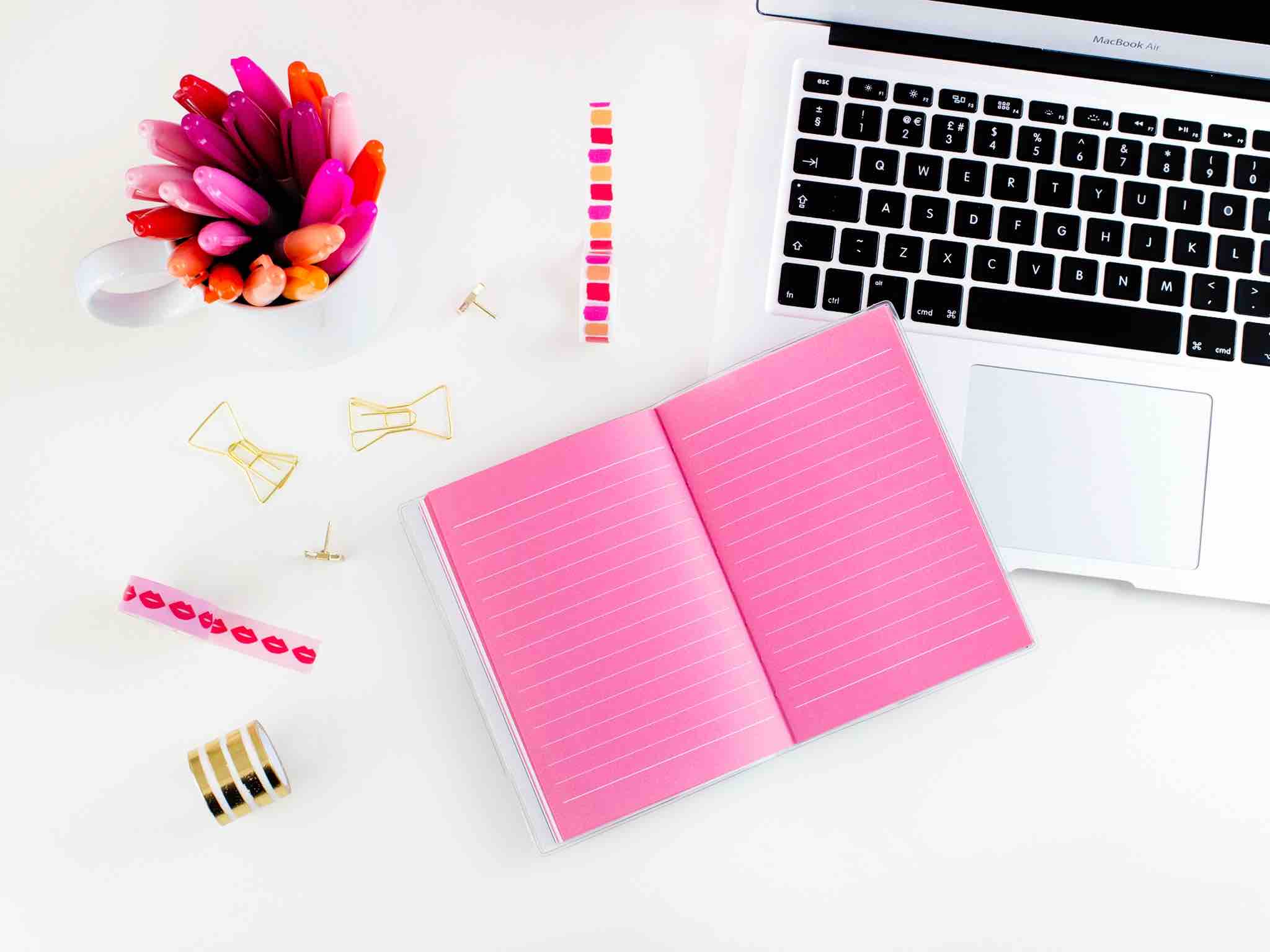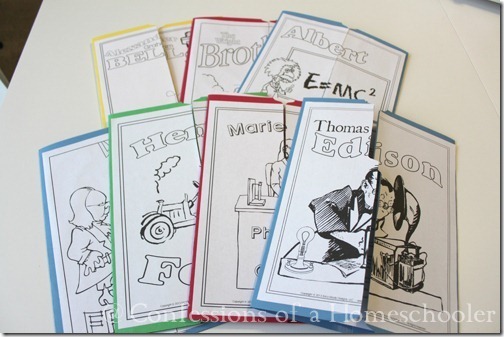Hi everyone, I’ve been working hard behind the scenes over here to create a new set of unit studies! This series is all about famous Scientists & Inventors! As usual each study includes fun hands-on activities to go along with the unit to help students remember what they’ve learned, and also provide them with a fun reference too to review and recall each person they’ve learned about.
Each of my scientist & inventor unit studies contains educational lessons, activities and a fun lap book that your students will work on as they progress through the study. The lessons also include book reports, vocabulary, character traits of these important figures, and critical thinking skills. I currently have 7 studies in this series. These studies are geared towards grades Kindergarten-4th, but can probably be adapted for older students as well.
Today I’m pleased to present the Benjamin Franklin Unit Study.
Benjamin Franklin was born January 17, 1706 in Boston, Massachusetts. He is known as one of the Founding Fathers of the United States due to his great political achievements. He was also a musician, scientist, inventor, statesman, and diplomat. He is most well known for his discoveries regarding electricity and is credited with inventing the lightening rod, bifocal gasses, the Franklin Stove, the glass armonica, along with many others. He was also an author and commonly wrote articles under a pseudonym.
Franklin was present at the Second Continental Congress and in June 1776 was appointed to the Committee of Five that drafted the United States Declaration of Independence. In 1775 he was named the first united States Postmaster General. He is the only Founding Father who is a signatory of all four of the major documents of the founding of the United States: The Declaration of Independence, the Treaty of Paris, the Treaty of Alliance with France, and the United States Constitution. Though Franklin died in 1790, his name and legacy lives on.
Watch the video on my Benjamin Franklin Unit Study/Lapbook here!
This study uses the Benjamin Franklin scientists and inventors series by Mike Venezia, but students are welcome to use any other researched information they can find as well. I would highly encourage older students to do some independent research on their scientist and inventor prior to completing their final report.
In this study students will learn all about Benjamin Franklin , his childhood history, lifetime achievements, characteristics, as well as some of his greatest inventions and contributions to the United States of America. Below is a sample of the Lapbook that students will create as they learn about Benjamin Franklin. Activities for this unit include:
- All About Benjamin Franklin
- Inventions
- The New England Currant
- Franklin as an Author
- Famous Quotes
- Community Contributions
- Characteristics
- Electricity
- Vocabulary
- Benjamin Franklin on U.S. Currency
- A Final Report
The study also includes a final report on Benjamin Franklin for students to complete. There are several different formats of the report to accommodate varying student grade levels that might be completing the unit.
Ready to get started? Get this unit now!
![coahbuynow_thumb[2] coahbuynow_thumb[2]](/wp-content/uploads/2013/02/coahbuynow_thumb210.jpg)
Can’t wait for the others to release?
You can get the whole set of Scientist & Inventor Units at a discount! Click the image below:
Ready to Win?
I’m offering a FREE copy of the Benjamin Franklin Unit Study to one of my readers!
Simply enter using the rafflecopter below!







![reports promo_thumb[2]_thumb reports promo_thumb[2]_thumb](/wp-content/uploads/2013/02/reports-promo_thumb2_thumb_thumb.jpg)
![scientistpromo_thumb[1] scientistpromo_thumb[1]](/wp-content/uploads/2013/02/scientistpromo_thumb110.jpg)
Ben Franklin and Thomas Edison would be great studies.
The materials look great. I’m sure the students who use these materials will be blessed.
~ Michael<
http://www.thecolorofsound.edublogs.org
@mgdobishinsky
Nikola Tesla is the best inventor of all time.
I would enjoy learning more about Eli Whitney, the inventor of the cotton gin!
Ben Franklin has a lot of interesting inventions… also Alexander Grahm Bell and then seeing how technology has changed since then! 🙂
I would like to learn more about Charles Drew, the inventor of the blood banking process.
Would love to learn more about Gutenberg and the Gutenberg press.
I would like to learn about marie curie
Da Vinci and Einstein I’d love to learn more about!
Eli Witney